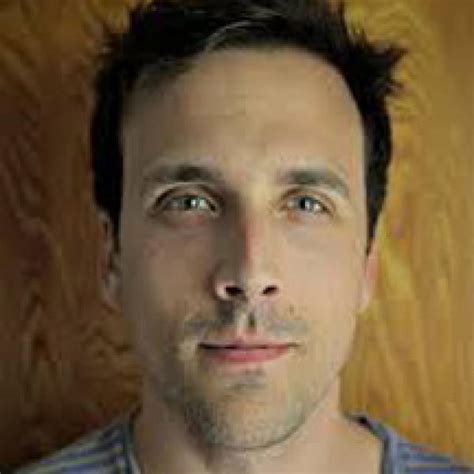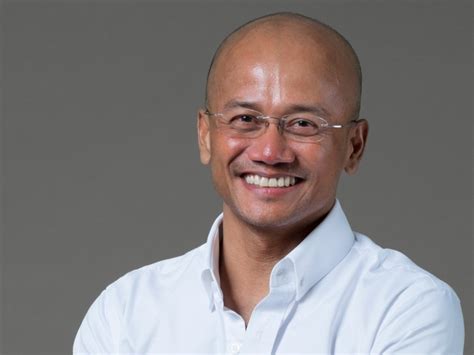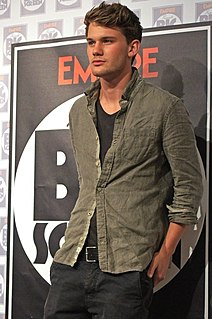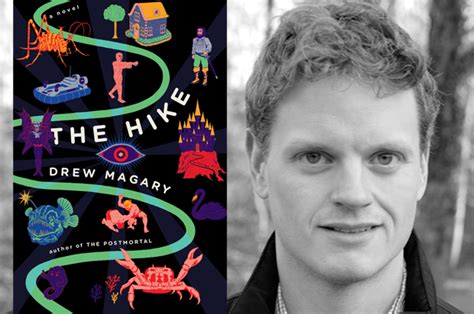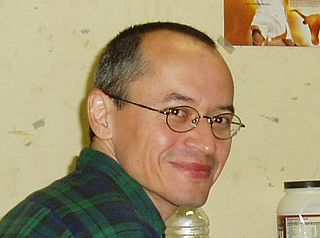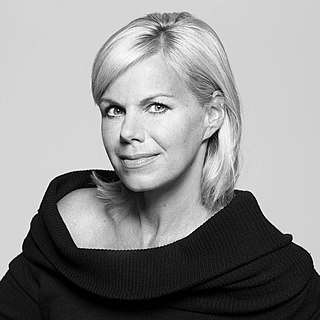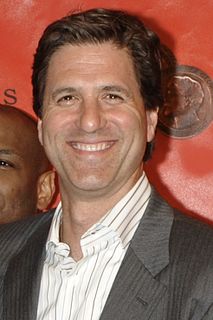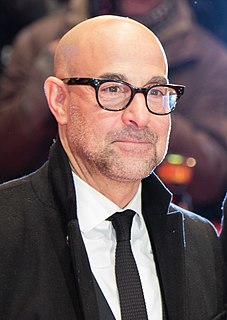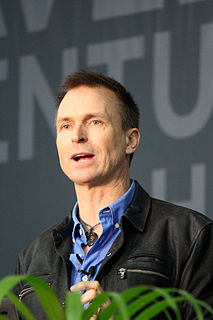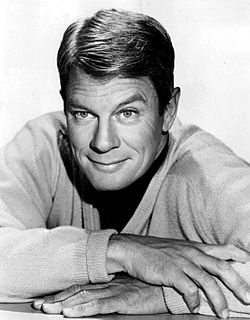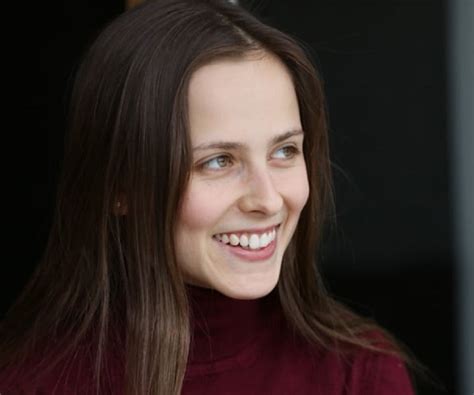A Quote by Brian McGinn
It's hard any time people are sitting down and looking at you across a camera and saying, "I believe that you guys will tell my story faithfully." That's getting to the core principle of being a journalist or a documentarian where people trust you with their stories.
Related Quotes
I feel that a documentarian has an obligation to tell the truth as he or she interprets it. And what I mean by that is that documentarians don't necessarily have the same sort of obligations that a journalist might have. A journalist might be called upon to be objective, whereas a documentarian is sort of forced to take sides.
Cram your head with characters and stories. Abuse your library privileges. Never stop looking at the world, and never stop reading to find out what sense other people have made of it. If people give you a hard time and tell you to get your nose out of a book, tell them you're working. Tell them it's research. Tell them to pipe down and leave you alone.
I posted some story about the Arizona State baseball coach getting into a fight with an autograph hound, and it was a disastrous thing. The guy rescinded his story. It proved to me that I'm not cut out to be a proper journalist. I'm much better sitting around and making fun of journalists and telling them what terrible journalists they are than being an actual journalist.
The best time to tell your story is when you have to tell your story. When it's not really a choice. But then, when you get that first, messy, complicated version down, you have to read it over and be very tough on yourself and ask, 'Well what's the story here?' If you're lucky enough to have someone you trust looking over your shoulder, he or she can help you if [you] lack perspective on your own story.
In drama, you're interacting with other actors to tell the story. The camera is like the theater: it's the artistic fourth wall. In a screen play, you don't look at the camera and communicate with it. But with hosting, you're looking right into the lens and talking to the people. It is a different style, and it's fascinating.
The biggest mistake I made was not having a full-time producer. I was securing locations and wardrobe and making sure people get called to show up on time and getting the film to the lab and getting the camera, and all this stuff that I'm happy to do, but if I'm doing every little thing, I'm not concentrating on my story. So it never gets any better than the script.
Each of us is comprised of stories, stories not only about ourselves but stories about ancestors we never knew and people we've never met. We have stories we love to tell and stories we have never told anyone. The extent to which others know us is determined by the stories we choose to share. We extend a deep trust to someone when we say, "I'm going to tell you something I've never told anyone." Sharing stories creates trust because through stories we come to a recognition of how much we have in common.
